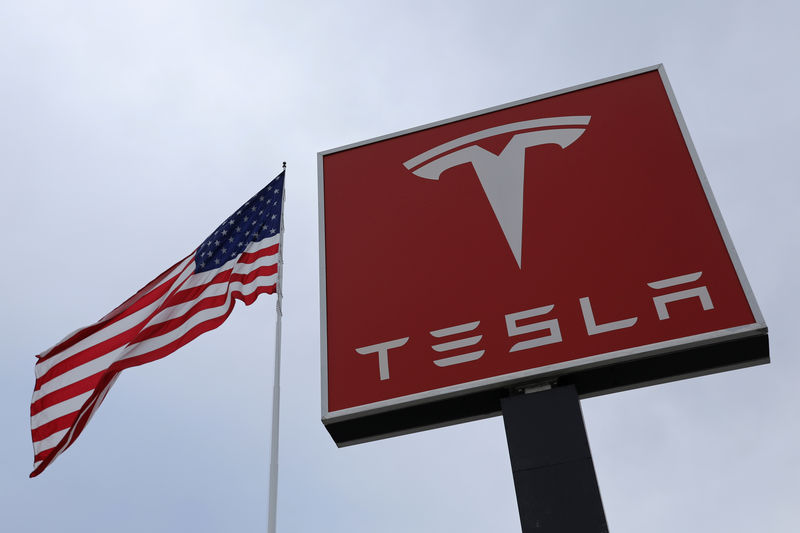Investing.com -- Tesla (NASDAQ:TSLA)'s recent updates to its Full Self-Driving (FSD) software, particularly the v12.5 series, have caused worries within the user community due to declining performance metrics. However, analysts at Piper Sandler said they remain “unconcerned” by these developments, viewing them as largely inconsequential to the Tesla stock outlook.
The concern stems from data observed in the FSD Community Tracker, which shows a drop in "miles-to-critical-disengagement" after the release of several updates to version 12.5.
Initially, v12.5, when paired with Tesla’s 4th-generation hardware (HW4), exhibited strong performance, with vehicles traveling 494 miles between critical disengagements, a notable improvement over previous versions.
Yet, with subsequent point releases, this figure began to decline. As of the latest release, v12.5.1.x, the distance has fallen to just 138 miles.
Despite this, Piper Sandler does not view the performance decline as alarming for Tesla shareholders.
They believe the drop in performance likely reflects Tesla's attempt to optimize the FSD software for its older HW3 hardware. Early data suggests HW3 vehicles now perform poorly with the v12.5 updates, traveling only 10 miles between critical disengagements.
While performance gaps between HW3 and HW4 vehicles are noteworthy, Piper Sandler analysts emphasize that such issues are unlikely to affect Tesla's long-term FSD prospects.
“If Tesla can solve FSD — just not for HW3 vehicles — we don't think investors will care,” they noted.
The investment bank maintained an Overweight rating on the stock, with a price target of $300.
Tesla announced on Thursday that it plans to introduce its FSD software in Europe and China during the first quarter of 2025, contingent upon regulatory approval.
This year, the company is prioritizing enhancements to FSD in the U.S. and plans to integrate the software into its new Cybertruck model.
